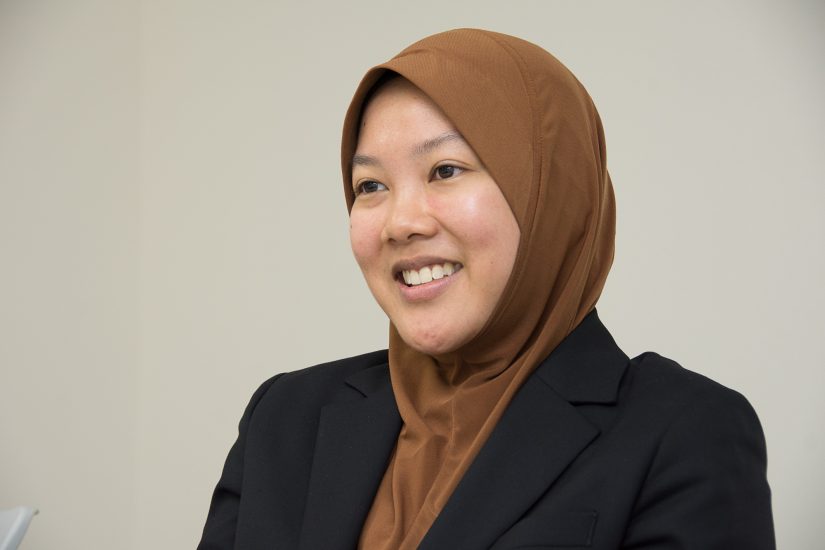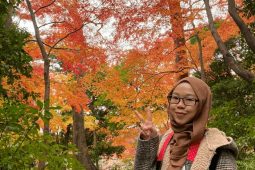There are more than 1.46 million foreign workers in Japan.
Why did they decided to leave home for Japan, and how is their working life here?
In this article, we’d like to offer up the story of Alya, working in Japan as a system engineer from Malaysia.
Manga: Kicked Off Japanese Language Study
When I was in elementary school, my friends showed me Japanese Manga (Doraemon, Sailor Moon and so on) translated into Malay, and I got interested in Japanese language and culture. My sister and I bought Japanese language textbooks and studied together. Around high school, Japanese anime got popular on TV and I watched a lot. That was good Japanese language study.
In university, I specialized in Japanese as my third language. Up to then I’d studied all on my own, so it was a good chance to learn Japanese properly.
Using English and Japanese Linguistic Skills in System Development and Feeling Growth as an Engineer
I came to Japan in the fall of 2017, and after studying Japanese for one and a half months, I started my career as an IT engineer in Japan. My specialty is systems engineering, and I am developing things like invoice management systems at an IT company.
I really feel how I learn new things, implement them, and gain new engineering experience every day.
I am in charge of USA-targeted systems, so I’m using English in my work projects, too. These are international projects, but there are many Japanese engineers involved, so at meetings with Americans I have to interpret the conversations, and I have to translate emails, too. In my work, about 30-40% of the communication is in Japanese, the rest is in English.
There are two or three Japanese people in the office who can speak English, but outside the project all the office conversation is basically in Japanese.
In Malaysia, many people study English from preschool, and I did, too. We have English TV shows, and lots of English books and newspapers, so we can use those to study. My family speaks both Malay and English, so we can practice English at home, too. Then, at University, most of my computer science and programming classes were in English, so if you can’t use English you can’t read your textbooks or answer your test questions.
And now, since English is needed for my project, it’s very useful.
Part of my project is consulting with other members and asking questions, so we’re building a strong team. Compared to Malaysia, where you can listen to music at work, the office environment is kind of strict, but those unique Japanese greetings and business card exchanges are interesting. And I’m happy that I can feel myself growing as an engineer.
Leading a Full Private Live, and Discovering a Love of Thai Food in Japan!
On workdays, after I get home I make dinner with stuff I bought on my days off, watch YouTube and stuff, and go to bed around 10:00 pm. I wake up at 4:30 to pray. I pray five times a day, for five minutes each time. The prayer times are fixed, but they depend on the position of the sun. Then I make and eat breakfast. I also make a lunchbox. I leave home at 7:00, and I walk 30 minutes to the second nearest station. I like to walk, so I try to walk all kinds of places. Malaysia has so many cars and it’s hard to walk anywhere, so Japan is comparatively easy to walk. Even when it rains, Japan’s rain is lighter than Malaysia’s, so I don’t mind it.
On my days off, I go out with with my share-house friends to sporting events, or mountain hiking, and things like that. I’d love to go more places.
The most delicious food I’ve had in Japan, I think, is… Thai Food! It was a shrimp curry. I’d never tried it until I came here. Thai food has lots of hot and spicy dishes, but Malaysians love spicy food.
Future Goals
I want to become someone who can advise others, so I’m gaining as much engineering experience as I can, and I hope to become a systems consultant someday. I don’t know if I will be in Japan, or back in Malaysia, or in some other country, when that happens.
WIJ Editor team








